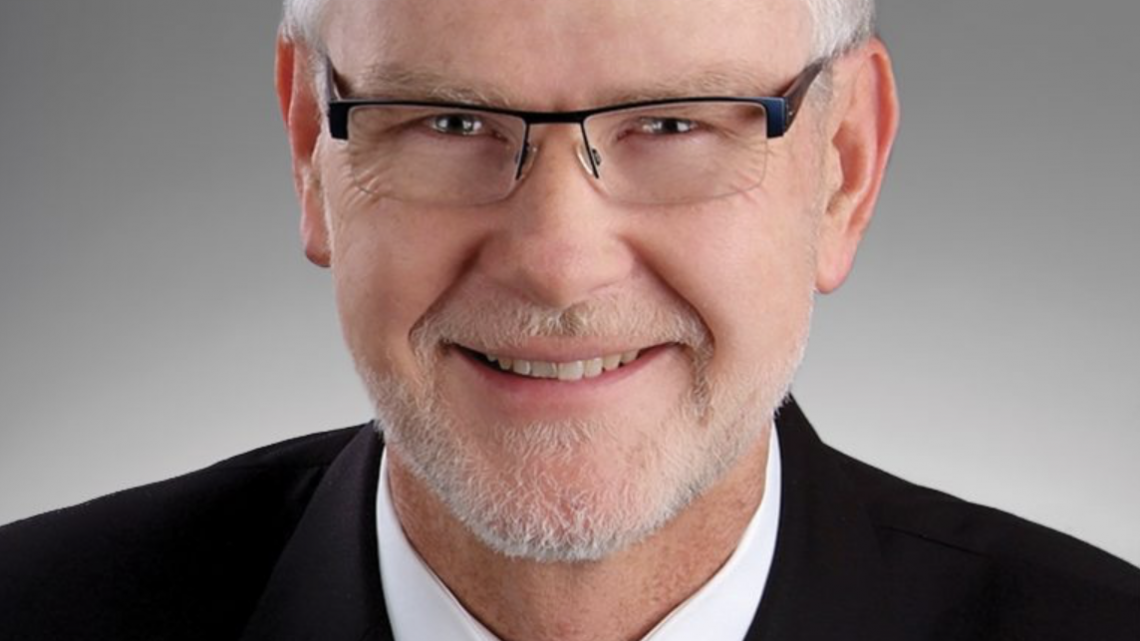Dr. Kimber M. Boyko, a surgeon in Bismarck, North Dakota, was awarded the “Best of the Best” as a general surgeon for the third year in a row. Boyko said, “I got a letter in 2016 that I was voted Best of the Best in the Bismarck Tribune’s contest. I didn’t know anything about it or what it was at the time. So I started looking around to see what it was.”
The Best of the Best is a contest run by the Bismarck Tribune where people vote on what or who they think is the best of the best in a number of categories—from restaurants to bars to construction companies to a variety of specialties of physicians. Kim Boyko, Dr. Boyko’s wife, added that those voting are not choosing from a drop-down menu, though, they have to actually type in the name.
The path to surgeon
Dr. Boyko wanted to be a doctor from childhood but thought his dream had vanished during his high school years because he “didn’t have time to study.” There were too many other things to do.
The beginning of his junior year at Sheyenne River Academy a gentleman from Union College challenged him, “What do you want to do?” Boyko responded, “I’d like to be a physician but my grades are lousy. I probably can’t do that.” The gentleman told him universities look more at college grades. This encouraged Boyko, “I buckled down and got decent grades in my junior and senior years of academy.”
Family practice was what he intended to do because, “I thought they did all kinds of interesting things, people like them and they are part of people’s lives.” But in medical school rotations at Loma Linda University, family practice seemed dreadfully boring to him. He preferred to know something and know it well instead of “knowing a little bit about everything and not a lot about anything,” explains Kim.
“So what did I do?” remarks Boyko, “I ended up in general surgery, which is the family practice of surgery. We do anything and everything in surgery.”
Boyko explains that his mind thinks in a three-dimensional space and can conceptualize dimensions, so it made sense to do something in surgery. “It came pretty naturally actually,” he says. “I like it because at the end of the day I fixed something, at least tried to. I have become a human mechanic.”
Kim adds, “Another reason he is known so well is he won’t turn anyone away. Whoever calls, he will see them.”
“Yeah, we know”
One of the cases Boyko took on involved a baby who was born with her intestines outside of the abdomen. “I had to figure out how to get the intestines back in and expand her abdomen to contain them,” explains Boyko. “I met the mom and told her who I am. Of course there is mom and mom’s mom and dad’s mom all in the room when I came in.”
Boyko introduced himself to them, but the mother responded, “Yeah, we know.” Then they filled him in. “You have operated on mom and on grandma and the other grandma too. Do what you have to do to take care of my baby.”
The baby ended up needing four operations to expand the belly and get all her intestines where they belong. It took about a week’s time, operating every other day, but the surgery was a succes.
Boyko adds with a grin, “Years later she and her older sibling showed up at our door selling magazines.”
From zero to 109
The smallest baby Boyko ever operated on was 590 grams, which is about 1-1/3 lbs. He says he performed surgery on the father years later and asked how the child was doing, “He is perfectly fine. A little smaller than the other kids, but that’s all,” the father answered.
“The oldest person I operated on was 109,” says Boyko. “She was mad at me because I took her in to do a procedure and we didn’t do the procedure because she had some irregularity of her heartbeat. It was risky.”
He came back to see her later, and she looked at him and said, “You didn’t let me die. And you didn’t even get the procedure done after all that.” He ended up doing the procedure the next day and she was fine.
The staff support
“As far as the award goes,” says Kim, “yes he won the award, but without his staff he couldn’t have won it.”
Dr. Boyko agrees, “I have an incredible support staff. They make all the calls, call up the pathology reports, and do followup calls. I am very fortunate to work with the staff I have.”










